Genetics news, features and articles
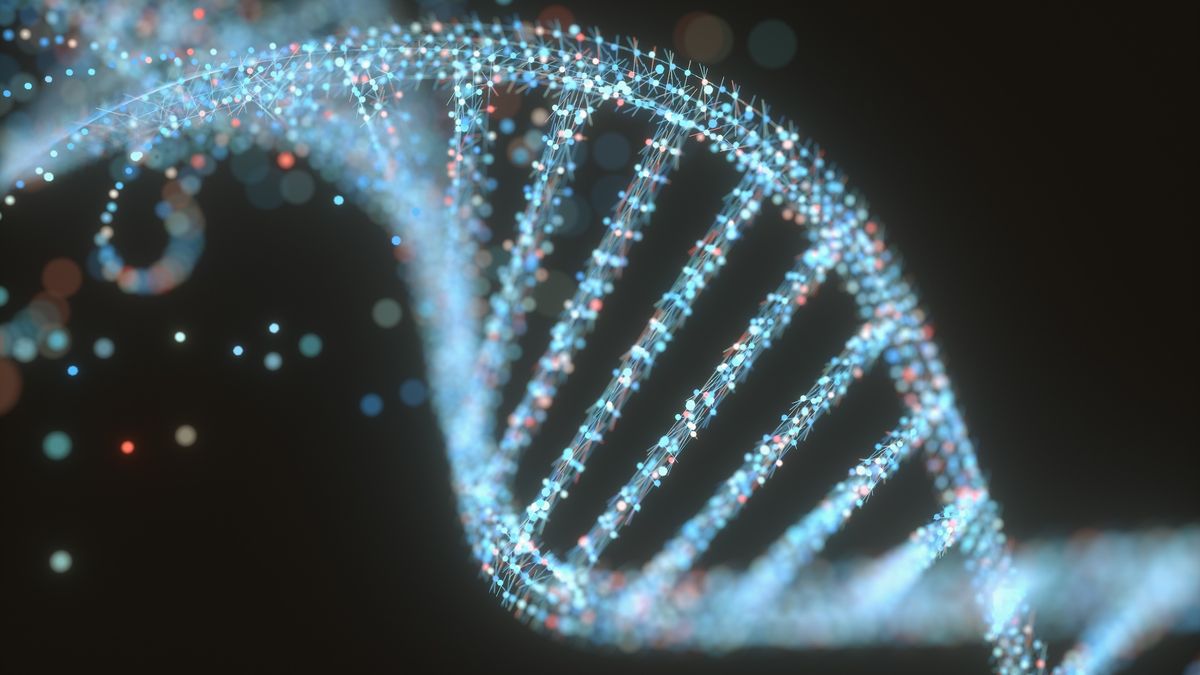
Genetics is the study of genes, which are the basic units of inheritance that contain the blueprint for life, from determining the way that organisms look to every physiological process that occurs within them. Advances in genetics have come a long way since the discovery of the double helix of DNA in 1953. Scientists can now sequence the entire genetic code of thousands of people on a large scale to pinpoint genes that are associated with specific diseases and flag them as targets for drug development. Likewise, enzymes from bacteria can be used to modify genes for a plethora of purposes, including healthcare and farming.
Discover more about genetics
Latest about Genetics
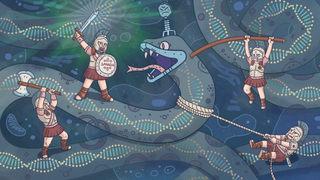
This is SPARDA: A self-destruct, self-defense system in bacteria that could be a new biotech tool
By RJ Mackenzie published
A bacterial defense system called SPARDA employs kamikaze-like tactics to protect cells and could be useful in future biotechnologies.
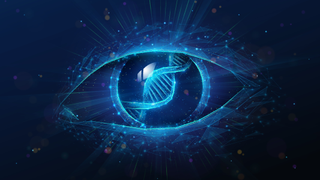
These genes were thought to lead to blindness 100% of the time. They don't.
By Stephanie Pappas published
New research finds that retinal diseases thought to map one-to-one to genetic mutations are more complicated than that.

DNA from ancient viral infections helps embryos develop, mouse study reveals
By Clarissa Brincat published
A stretch of viral DNA in the mouse genome gives cells in early-stage embryos the potential to become almost any cell type in the body.

Leonardo da Vinci's DNA may be embedded in his art — and scientists think they've managed to extract some
By Sascha Pare published
In a first, scientists have extracted DNA from a Renaissance-era drawing attributed to Leonardo da Vinci, but they can't be sure that the genetic material belongs to the Italian polymath.

'More Neanderthal than human': How DNA from our long-lost ancestors affects our health today
By Emily Cooke published
Neanderthals and humans mated millennia ago, and their legacy lives on in us today. Here's how.
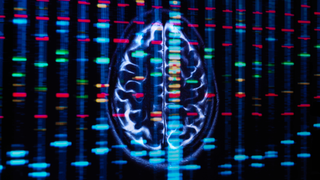
5 genetic 'signatures' underpin a range of psychiatric conditions
By Clarissa Brincat published
A study suggests psychiatric disorders can share the same genetic signatures and that they may stem from shared biological mechanisms.
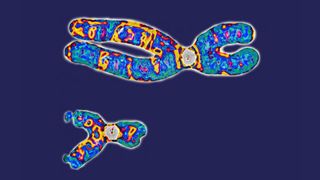
Woman had her twin brother's XY chromosomes — but only in her blood
By Mindy Weisberger published
Doctors discovered a woman had "blood chimerism" after examining the chromosomes of cells from different parts of her body.

James Watson, controversial co-discoverer of DNA's structure, dies at 97
By Andor J. Kiss published
James Watson, who co-won the Nobel Prize for discovering DNA's structure, was a towering and controversial figure in science.
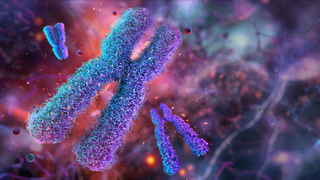
Gene on the X chromosome may help explain high multiple sclerosis rates in women
By Zunnash Khan published
A gene on the X chromosome revs up inflammation in the female brain, which may explain why rates of multiple sclerosis are higher in women than in men, scientists suggest.

Unique gene variants in the Turkana people of Kenya may help them survive harsh desert heat
By Larissa G. Capella published
Scientists discovered genetic variants in the Turkana that help conserve water in deserts, but these variants may now raise disease risks in urban settings, early data suggest.
Get the world’s most fascinating discoveries delivered straight to your inbox.
 Live Science Plus
Live Science Plus





